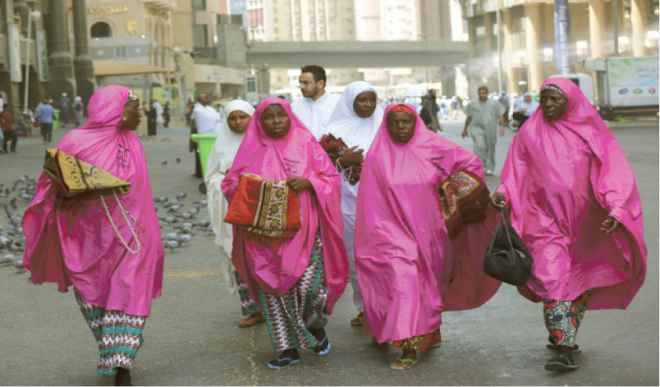Only 1.5% of early grade pupils in northern Nigeria read effectively, says expert
“Only one and half per cent of children at early grade primary school level in public schools in states of northern Nigeria are able to read and answer comprehension questions, 72 per cent of them cannot read a single word,” a Literacy and Pedagogy Specialists, Dr Andrien Barnnes of Florida State University, United States of […]

“Only one and half per cent of children at early grade primary school level in public schools in states of northern Nigeria are able to read and answer comprehension questions, 72 per cent of them cannot read a single word,” a Literacy and Pedagogy Specialists, Dr Andrien Barnnes of Florida State University, United States of America has claimed.
Dr Barnnes who was part of the USAID supported specialists that undertook a survey on early grade reading in some states of Northern Nigeria recently stated this in an interview at the round table session in the NCRRD’s National conference on children’s books and the teaching of early grade reading in Nigeria.
She attributed the shortfall in reading proficiency among the early grade pupils in the country to paucity of high-quality teaching and learning materials as well as well trained and motivated teachers in public schools.
She noted that though positive education reforms are currently taking place across Nigeria, but the change is too slow and “typically entails two steps forward and one, sometimes two steps backward.”
She argued that for the country to be able to revive the reading culture and improve on early grade reading among its teeming population, there must be deliberate and objective evaluation of the system and transformation focused on long-term educational outcomes.
“Supporting a child in the early years of learning how to read and then later becoming a skilled reader necessitates harmonious integration of multiple components.”
“This daunting task requires high-quality teaching and learning materials, dedicated and knowledgeable teachers.”
She also called on parents and community leaders to rise to their responsibilities in supporting home literacy and school attendance as well as literacy role models in their bid to foster and nurture the culture of reading in their respective areas of influence.
